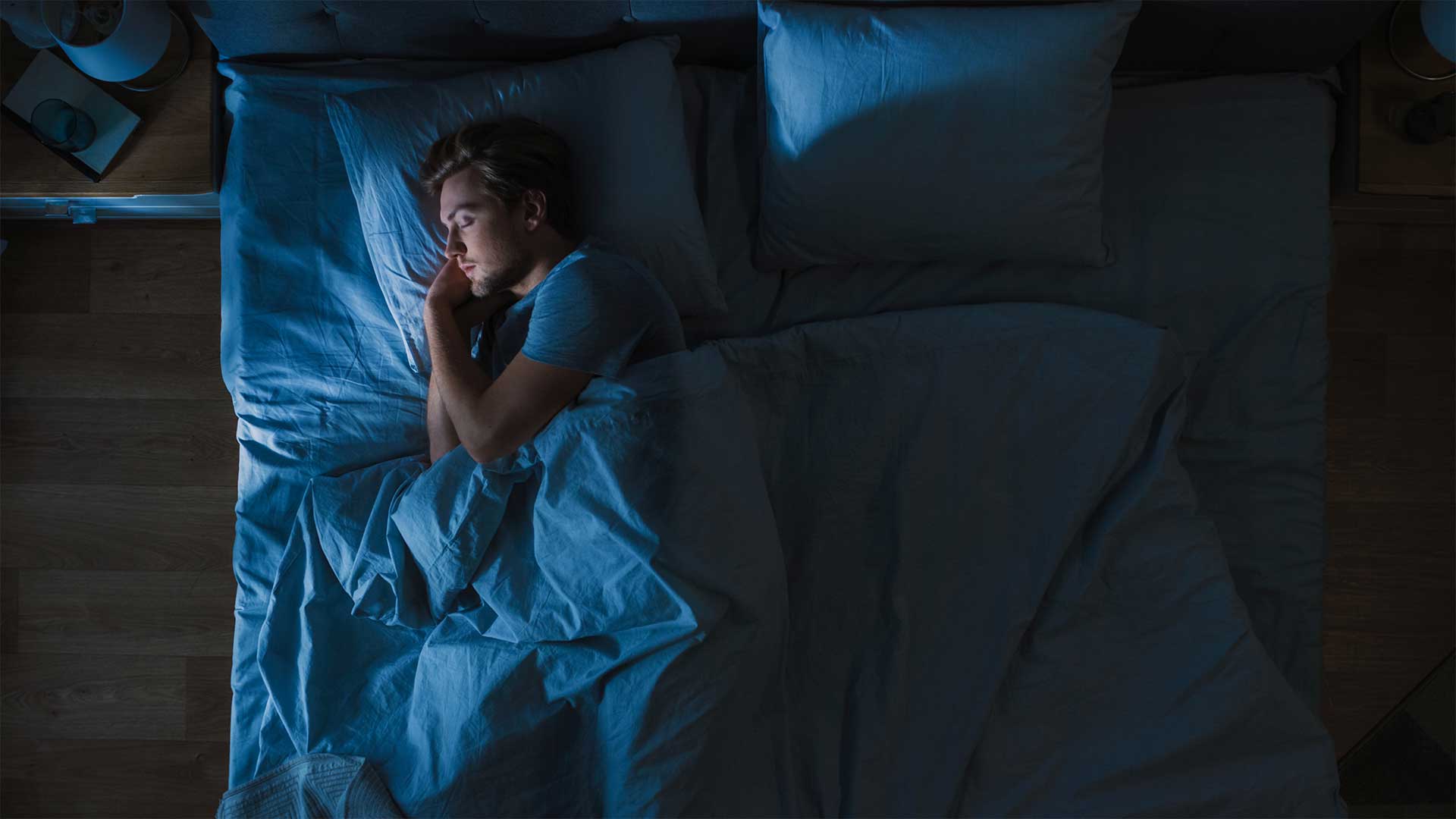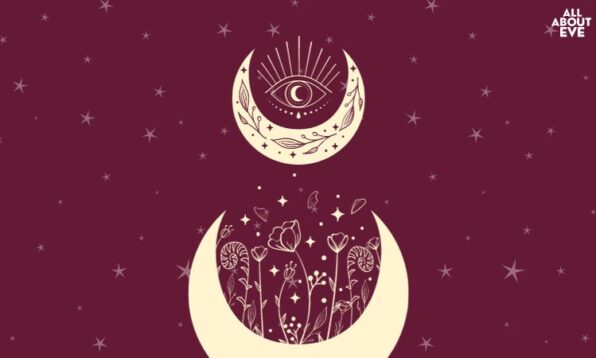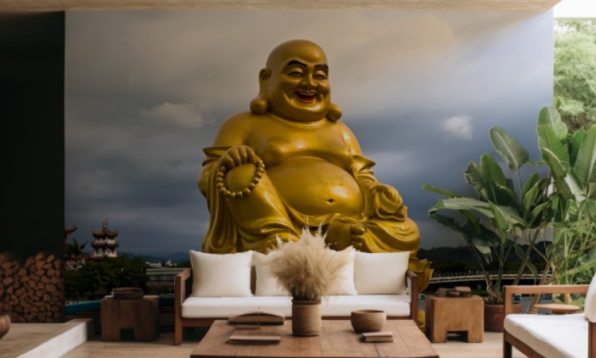Are you having trouble falling asleep? Sometimes, it’s not your screen time or health but the energy around you. According to Vastu Shastra, an ancient Indian architectural design system, several factors influence your sleep. And, according to Vastu, tweaking your bedroom the right way can make a big difference to sleep quality.
We asked Dr Neha Jain, Founder and Chief Vastu Consultant at Vastukarma, to suggest some easy yet important tips to follow for better sleep. Here’s what she had to say.
The link between sleep directions and health

Think of Vastu as the missing ingredient in your almost perfect dish. While a balanced diet, regular workouts, and meditation can improve your health, the direction in which you sleep matters too. “These changes affect our mind and body, ultimately helping in aligning ourselves with the earth’s magnetic field while our body rests,” Dr Neha explained. Here’s how the direction in which you sleep affects your body, per Vastu Shastra.
- Head towards the South: According to Dr Neha Jain, “This direction aligns with Earth’s magnetic pull,” which helps you sleep better. “The human body has magnetic polarity, where the head refers to the north pole. So, sleeping with your head to the south aligns with Earth’s field, reducing energetic repulsion,” the Vastu expert explained.
- Head towards the East: This direction “boosts mental clarity, memory, and creativity. It is also ideal for students and thinkers. Furthermore, the sun rises in the east, and if you wake early in this direction, it can help regulate circadian rhythms naturally,” Dr Neha Jain suggested.
- Head towards the North: Dr Neha does not recommend resting with your head pointed north as it “clashes with Earth’s magnetic field.” According to her, this can lead to severe headaches and disturbed sleep.
- Head towards the West: Sleeping in this direction “has neutral to mixed effects. It doesn’t interfere with magnetic fields, but might affect your sleep quality depending on room layout and light exposure,” Dr Neha Jain said.
While sleeping in the ideal directions is recommended, not everyone can follow through. Many live in rented homes or compact apartments with beds fixed in a non-ideal direction. In such cases, Dr Neha suggested, “If your head is facing the North, use a solid wooden headboard as it provides grounding. Moreover, try flipping yourself to a favourable direction rather than moving your bed. If the room layout allows, rotate your sleeping position, so your head is at the South or East end.”
Ideal sleep directions for people of different ages

People face different sleep challenges at different stages of life. Refer to these directions suggested by Dr Neha Jain to see a significant change in your sleep cycles.
- For kids: The best direction for kids is “the East as it encourages mental clarity, focus, creativity, and a fresh mindset. The power of the rising sun boosts confidence, and early morning sunshine brings a lot of positivity.”
- For couples: It is ideal for couples to sleep in the “Southwest as it represents the earth element and determines stability in relationships. The second-best direction for couples is North or Northwest as it brings physical intimacy and closeness between partners.”
- For the elderly: Older people should sleep in “the Northeast, East or South bedrooms with their head towards the South. These directions will bring calm energies, a sense of security and deep rest, which is vital for older adults.”
- For anxious or insomniac people: If you’re dealing with insomnia or anxiety issues, you must sleep in the “Southwest, South and East. Furthermore, South and Southwest provide grounding and reduce overthinking. East supports healing because of good cosmic energies.”
Nighttime rituals to get proper sleep

Is scrolling till 3 am your nighttime ritual as well? As much as reels might entertain you, it’s interfering with your sleep, and you know it. Dr Neha Jain emphasises healthy bedtime routines as they “set the tone for your energy, mood, and sleep quality. Think of them as tuning your body and space for peace.” Here are some easy practices she suggested to follow every night to ensure sound sleep.
“Light a diya or candle in your room as a small flame clears stagnant or negative energy. Declutter and organise your room; even a 5-minute tidy-up can reset the vibe. Sprinkle a little rock salt in the corners overnight to absorb negativity and sweep it out in the morning. Camphor is used in Vastu to remove negativity and improve the pranic energy of the space.” Pranic energy is a healing technique based on the idea that our body has the potential to heal itself. And so, you can “burn some camphor in your room before sleeping.” Additionally, playing “calm music or mantras in the bedroom” can positively energise the space to give you better sleep.
How lighting and décor impact our sleep
As much as sleeping directions matter, Vastu Shastra holds the ambience of your bedroom equally responsible. “Use soft lighting as it calms your nervous system, which is essential for deep sleep. Use minimal décor for serenity. Vastu suggests simple living for a better life. Try to cover the mirrors and keep electronics out of the room,” Dr Neha Jain suggested. She further said, “Soft colours, natural elements, minimal clutter, and intentional lighting can completely change your sleep quality.”
If you want to connect with Vastu consultant Dr Neha Jain for more personalised Vastu-related advice, you can find her here.
Featured Image Source
Related: Not Liking Your Current Job? Try These 7 Crystals For Money And Success In Your Career

 Web Stories
Web Stories











